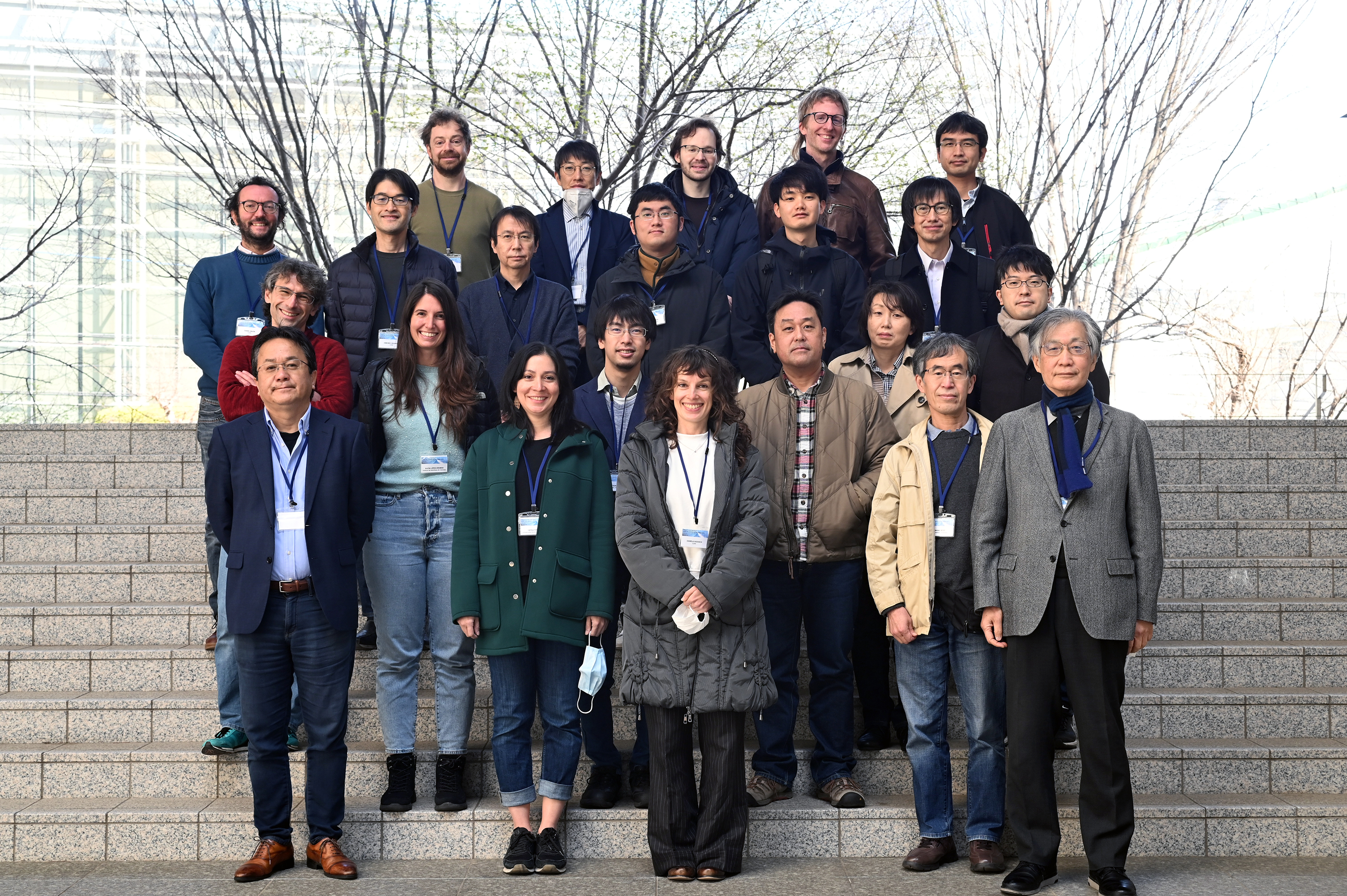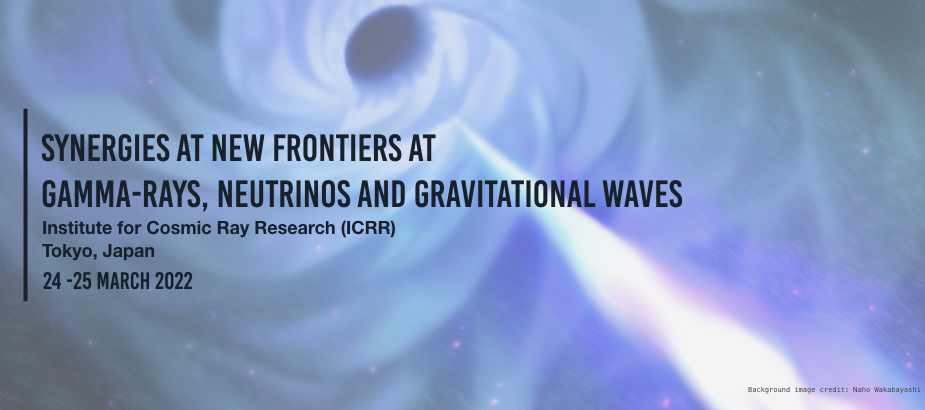Recent discoveries of high-energy cosmic neutrinos and gravitational waves (GWs) from astrophysical objects have led to the new era of multimessenger astrophysics. Observatories and experiments are now more than ever able to observe the sky in different energy ranges and with different messengers. Each class of messengers -- photons, neutrinos, cosmic-rays (CRs), and gravitational waves -- provides distinct and valuable information of the most violent phenomena in the universe. Only with multi-messenger astronomy we will be able to fully unveil the mechanisms at operation in different galactic and extragalactic sources.
The aim of this workshop is to explore potential synergies between different multi-messenger windows of the highly-energetic Universe using the following large experiments: the gamma-ray observatory CTA, with its first Large Size Telescope (LST1) in operation, the cosmic ray detector CALET, the gamma-ray imaging Cherenkov telescopes MAGIC, the gravitational wave project KAGRA and the neutrino observatories Super-Kamiokande and Hyper-Kamiokande.
Due to COVID19 restrictions, the workshop will take place online. Only the speakers will gather face-to-face.
Venue:
For the speakers the workshop will take place at the Kashiwa Research Complex Conference Hall (6F) of the University of Tokyo, Kashiwa Campus.
Confirmed Speakers:
- Shoji Torii (Waseda University)
- Michiko Ohishi (ICRR/U. Tokyo)
- Kimihiro Okumura (ICRR)
- Takashi Uchiyama (ICRR)
- Hideyuki Tagoshi (ICRR)
- Hiroaki Menjo (Nagoya University)
- Koji Noda (ICRR)
- Kyohei Kawaguchi (ICRR)
- Jun'ichi Yokoyama (RESCEU)
- Alicia López-Oramas (IAC)
- Masaki Mori (Ritsumeikan University)
- Guillaume Pronost (Kamioka observatory, ICRR, University of Tokyo)
- Lin Haoxiang (University of Tokyo)
- Dmitriy Khangulyan (Rikkyo University)
- Motoyasu Ikeda (Kamioka Observatory/ICRR)
- Yuta Kawakubo (Louisiana State University)
- Lluis Marti-Magro (Yokohama National University)

Funding
This workshop is supported by the grant for ICRR’s Fiscal Year 2020 Inter-University Research Program (PI: N. Ospina).



